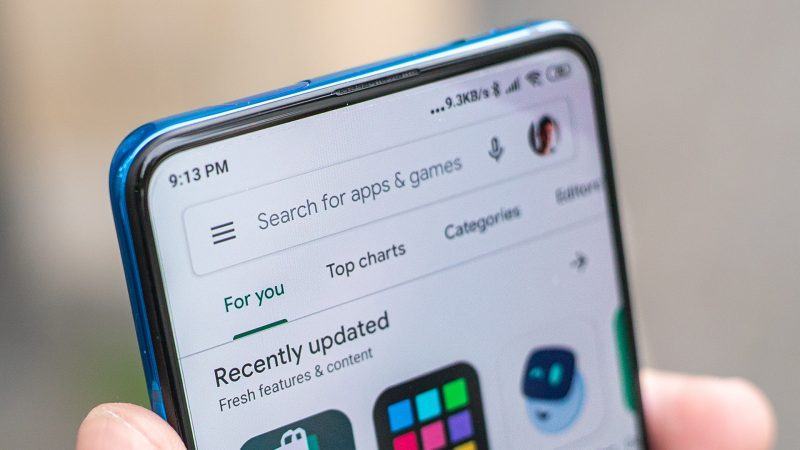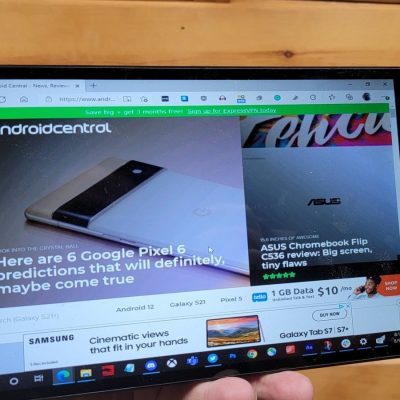Google Didn’t Want Sideloading For Fortnite On Android
(Sideloading For Fortnite)The Android platform’s open nature has long been praised for its flexibility and freedom, allowing users to install apps from sources beyond the official Google Play Store through a process known as sideloading. However, when it came to one of the most popular games of all time, Fortnite, Google took a firm stance against sideloading, sparking debate and raising questions about app distribution and security. Let’s delve into Google’s decision regarding Fortnite on Android and its broader implications.

TLDR:- New courtroom paperwork reveals Google’s attempts to stop Fortnite for Android from landing on the Play Retail outlet.
- Google called sideloading an “awful” and “abysmal” expertise.
- Google also allegedly floated the notion of obtaining some or a component of Epic Game titles.
The ongoing courtroom battles among Epic Online games — which owns Fortnite — and Google and Apple preserve supplying us juicy tidbits of driving-the-scenes facts. These days, we bought a glimpse of even additional drama between Epic and Google (via The Verge).
By the files, Google experimented to dissuade Epic from enabling sideloads of Fortnite for Android. First, it presented Epic with a “special deal” to provide Fortnite to the Google Perform Retailer. Presumably, this deal would have slashed Google’s 30% fee on app product sales, which is the main motive Epic did not want Fortnite on the Enjoy Retail outlet.
Google also allegedly attempted to paint sideloading as an “awful” and “abysmal” working experience for buyers. A Google agent mentioned that its will take “15+ steps” to sideload an application (sideloading is when you set up an Android application outdoors of the Participate in Store).
Ironically, Google’s striving to dissuade Epic from permitting sideloads of Fortnite for Android is a huge boon to Epic’s situation. Epic is attempting to argue in the courtroom that the Participate in Retailer (and, in a diverse suit, the Apple Application Keep) is a de facto monopoly. Epic argues that Google purposefully tends to make it hard for publishers to be successful outside the house of the Perform Store, even if it is doable to do. As this kind of, Google hoping to paint sideloading as a weak practical experience only bolsters Epic’s argument.
Most apparently,, Epic alleges that Google when assumed about purchasing components or all of Epic. This appears to have been an internal discussion within Google that in no way designed it to Epic (i.e., Google never approached the company with any offers).
Who is aware of what other new data we’ll glean from these ongoing court scenarios in advance of what they are by way of?








